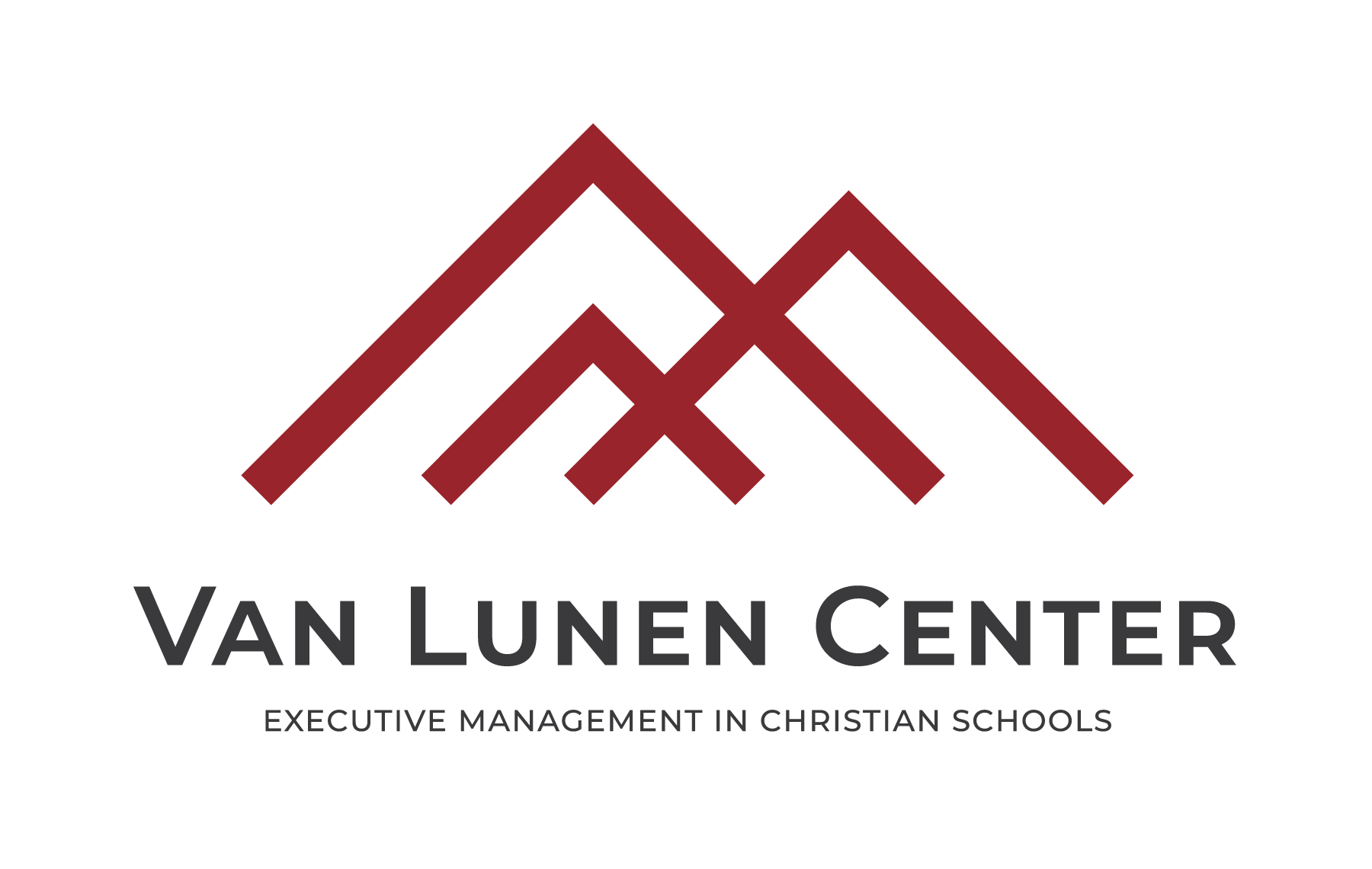A staggering 86 percent of Muslims, Buddhists and Hindus do not have personal contact with a Christian (Johnson and Ross 2009). How can this be? Didn’t Jesus command us as His disciples to “go and make disciples of all the nations”? Another way to read that would be to “go make disciples of all the peoples/people groups.”
When I learned of this reality my heart sank. I was serving within one of the largest mission organizations in the world. I knew of several other top organizations, all well run and well-funded. And yet, only 14 percent of the world’s three largest religion groups outside of Christianity didn’t even have personal contact with a Christian? Man, how did we get it wrong?
Wait a second. The words of my father-in-law ring true: “Don’t point the finger, pull the thumb.” Did I know any Muslims, Buddhists, or Hindus? And if I did know them, other than online or somewhere else, have I had them in my home? Have I been in their home? Oh no, I realized. I was part of the problem. And I didn’t want to be. I’m supposed to be one of the good guys, one of the guys who gets it right. And yet, my life did not reflect anything better than what the statistic showed.
This led me on a path of learning and discovery. It coincided with my learnings in the area of Global Christianity and Development. It coincided with our life being turned upside down and right side up as the Lord walked us through my wife’s baseball-sized brain tumor. Oh yes, she was also 14 weeks pregnant with our youngest (good news, the Lord healed my wife and protected our baby). Through the learning, through wanting a reset in life that allowed us to adjust to our new normal, and through my wife’s leading, we pursued opportunities that could take us outside the US, so we could live overseas again. The first time was in 2006–2007, with one child and only six checked pieces of luggage. This time was with four kids, and 27 bags.
In July 2014, our family moved to Kigali, Rwanda, to serve at the Kigali International Community School. We were armed with what we were learning around Global Christianity and Development. James Davison Hunter (2010), a Christian sociologist who works at the University of Virginia, described best what a “faithful presence” should mean. In short, Christians should be present where they are, to the Lord, to each other, and in their spheres of influence; they should be excellent at their work, and their presence should have an impact on all those around them, including believers in Christ and non-believers as well. That’s my paraphrase, so here is more of what Hunter says about faithful presence:
A theology of faithful presence is a theology of engagement in and with the world around us. It is a theology of commitment, a theology of promise. It is disarmingly simple in concept yet in its implications it provides a challenge, at points, to all of the dominant paradigms of cultural engagements in the church. At root, a theology of faithful presence begins with an acknowledgement of God’s faithful presence to us and that his call upon us is that we be faithfully present to him in return. This is the foundation, the logic, the paradigm.
Hunter 2010, 242–243
I understand this to mean that Christians engage in establishing a faithful presence because that is what God has done for us. He has pursued us, loved us, cared for us, and has given to us because He is our Creator and our Redeemer. Our response to Him is to worship Him, both individually and corporately. We worship Him by being fully present to each other—those in the Christian faith and those outside the Christian faith.
We continue to worship Him by being fully present and committed to our tasks. We not only give our full attention to them, but we try to do them excellently.
We worship God by being fully present within our spheres of influence. Hunter says, “Faithful presence means a constructive resistance that seeks new patterns of social organization that challenge, undermine, and otherwise diminish oppression, injustice, enmity, and corruption and, in turn, encourage harmony, fruitfulness and abundance, wholeness, beauty, joy, security and well-being” (Hunter 2010, 248).
If we, as Christ followers, establish a faithful presence, then more and more of the 86 percent begin to know someone who follows Christ. In turn, “the 4,000 out of 13,000 cultures that have not been reached with the gospel” (Johnson and Ross 2009, 51) begin to get reached. If we establish a faithful presence, then we obey Jesus’ command to “Go and make disciples of all the nations” (Matthew 28:18–20).
This will be countercultural to many of our approaches as “evangelical” Christians. Many evangelicals have built a world unto themselves (Hunter 2010, 87). Especially in our spaces, we have built schools and communities unto ourselves. This is not a criticism, but more of a challenge. How do we establish a faithful presence, through our lives, our worship, and our work, as Christian educators, to a world not only of believers, but to unbelievers as well?
For me, and my family, this has meant leading the Kigali International Community School for the last ten years. I’ve learned so much in this context of a post-war country, outside of my home culture, and leading a school that attracts both believers and unbelievers. Living with a faithful presence has pricked us at every turn. It causes us to examine where and how we worship; who we worship with; how we steward our finances; and mostly, how do we want to steward our lives?
It’s meant saying that God, in His goodness, grace, and providence, moved us from America to Rwanda, a country impacted by the horror of the 1994 Genocide Against the Tutsi. He’s allowed us to serve, to strengthen the Kigali International Community School for generations to come. When we arrived it was on the backend of the startup stage, fledgling, and now it’s been established to stand for generations to come (with a secure vision, learning, finances, etc.). All of this was guided by the question, “How do we establish a faithful presence here in Kigali and beyond?”
And as we’ve learned so much from our time in Kigali and through the people of Rwanda, it’s caused us to say, how do we give our lives to serve every child in every country recovering from war? Certainly we can’t do that alone, but can we mobilize believers, nationals, and foreigners to come together to serve children in every country recovering from war? It’s led us to co-found B2THEWORLD, a nonprofit that focuses on providing life-changing education for children in countries recovering from war. Did you know that according to UNICEF, there are over 400 million children today who live in countries impacted by war?
If we as believers can establish a faithful presence among all members of the human family, especially those in post conflict, post war and post devastation countries, in our work and in our spheres of influence, then our mission as Christians moves forward. If this takes place, it proves that Christian faith is present in society in many different levels, especially among those who are vulnerable and recently devastated. It is both a personal faith and a public confession (Kim and Kim 2008, 210).
Well, we are long way from achieving this. But B2THEWORLD currently serves over 1,100 children in Rwanda and Pakistan. Over the next three years we are preparing to serve 7,000 children in Rwanda, Pakistan, South Sudan and Cameroon. We’ll do this by partnering with 27 schools in these countries. We’ll also set the stage for groundwork in Central Africa Republic, Democratic Republic of the Congo, and Iraq as well.
For us, we’ve learned that being faithfully present and courageously good go hand in hand.
Faithful presence is one of our values at B2THEWORLD and human flourishing is another. To us faithful presence means embodying excellence for the long haul. What does it look like to start and develop these schools now, for generations to come a hundred years from now? We define human flourishing as fighting for each child’s right to thrive, not just survive. My personal definition of leadership is securing a better future for the children of tomorrow.
Being faithfully present in places that are devastated by war, while being courageously good by promoting human flourishing, are at the core of who B2THEWORLD is and at the core of who we are as a family. Our twelve years of life post brain tumor, and then our ten years of learning from the wonderful and resilient people of Rwanda, are launching us into this next stage where we seek to establish a faithful presence in every community where B2THEWORLD is allowed to partner.
To find out more about B2THEWORLD, including its BTheLight school partnership program, please send Ben a note at [email protected].
References
Atlas of Global Christianity: 1910–2010, eds. Todd M. Johnson and Kenneth R. Ross (Edinburgh: Edinburgh University Press, 2009), 316–317.
James Davison Hunter, To Change the World: The Irony, Tragedy, and Possibility of Christianity in the Late Modern World (New York: Oxford University Press, 2010).
Sebastian Kim and Kirsteen Kim, Christianity as a World Religion (London: Continuum Books, 2008), 210.

























